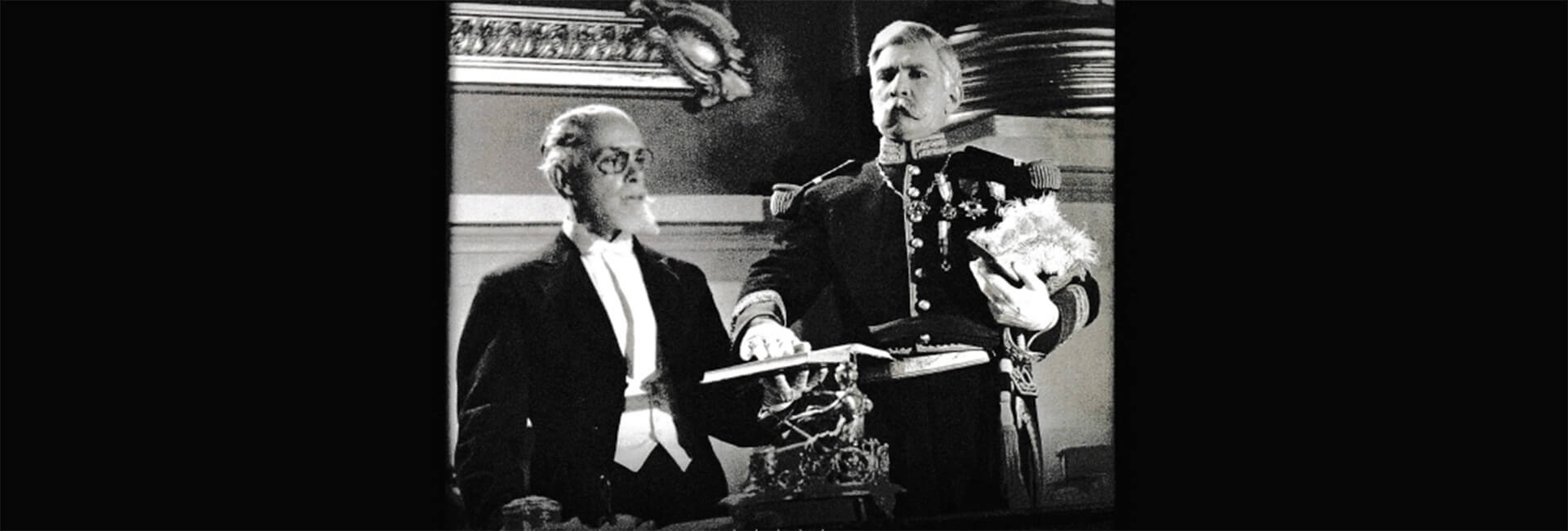Distinguished Lecture Series:
Jacqueline Avila on Desire, Decorum, and Nostalgia: Musicalizing Femininity in cine mexicano (1931-1952)
During the 1930s and 1940s, the Mexican film industry produced genres that depicted crucial characteristics that shaped mexicanidad (the cultural identity of the Mexican people) and highlighted on-screen musical performances, particularly by male characters. Although national cinema focused predominantly on the representation of Mexican masculinity and machismo (evident in the singing charro), the visual and aural representations of femininity and womanhood were explored in two significant genres: the prostitute melodrama and the cine de añoranza porfiriana (films of Porfirian longing). Women characters in these films (such as the prostitute and the debutante) mirrored contemporary societal beliefs and followed narratives in which their social behaviors were scrutinized and criticized as they attempt to move outside of the status quo. Diegetic musical performances were intertwined in these narratives, exposing the societal contradictions of contemporary Mexican culture, particularly the precarious position of women.
Reception to follow in Schoenberg Courtyard
